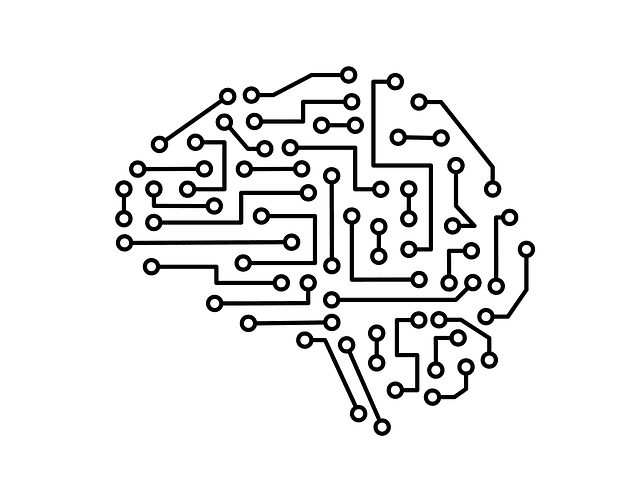
Globally, public sectors are overwhelmingly moving to information digitisation. This has been proven to be a catalyst and fuel for transformation within the public sector today, allowing them to understand trends, make decisions and better serve citizens. With this, though, comes the tremendous responsibility of managing and protecting data – in terms of privacy as well as safekeeping. This is done through policy, process and infrastructure.
While policy establishment is the purview of the government, it needs input from various stakeholders and experts. More so, as with cutting edge technology and solutions implications and ramifications are not necessarily, readily foreseeable.
Process and infrastructure are the other two pillars that a good data strategy rests on. Information management allows data processing techniques in the public sector to become more secure and integrated. The capacity to quickly organise, integrate and safeguard data alleviates many of the problems that agencies face, particularly when it comes to managing sensitive data and providing effective citizen services.
Information management has been proven effective in meeting the needs of the post-pandemic environment. In an increasingly VUCA environment, good data that is robustly managed and protected is essential.
The question is: How can information management improve processes in the public sector?
With the right information management solutions, governments can improve decision-making and demonstrate accountability and openness. The public sector will be able to gain insights from data to make better decisions for citizens’ economic and health benefits. Properly managing public sector information, will ensure that it remains reliable, trustworthy and promotes the use and reuse of data by both public sector entities and the general public.
Agencies will also be able to interpret structured and unstructured data insights into actions and outcomes through mastering information management methodologies. Analytics and trends will generate information-driven, actionable insights and simultaneously speed up decision-making.
Enterprise content management technologies also ensure instant access to information whenever it is needed. Obtaining this actionable result will increase decision-making speed and transparency, as well as add value to the data when it is transformed into recommendations for change.
Further, the risk of data being tempered or distorted can be mitigated if the information is automated using tools to adhere to governance and compliance protocols, as well as diminishing risk.
This was the focus of OpenGovLive! Virtual Breakfast Insight which was held on 26 November 2021, which aimed to provide the latest information management tools to improve public sectors governance, compliance and security at an accelerated speed. This is a closed-door, invitation-only, interactive session with top-level executives from Singapore public sector.
Demonstrating government …….